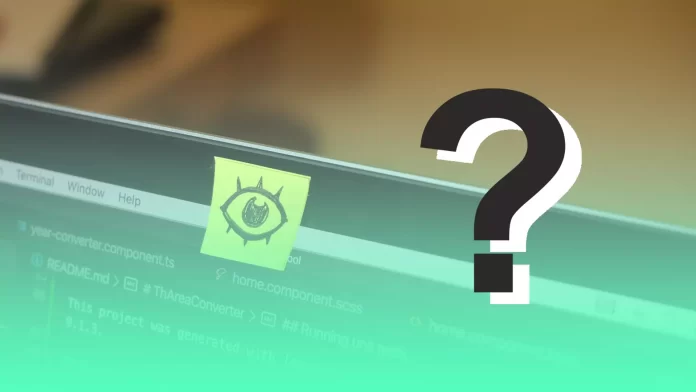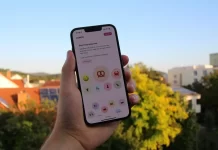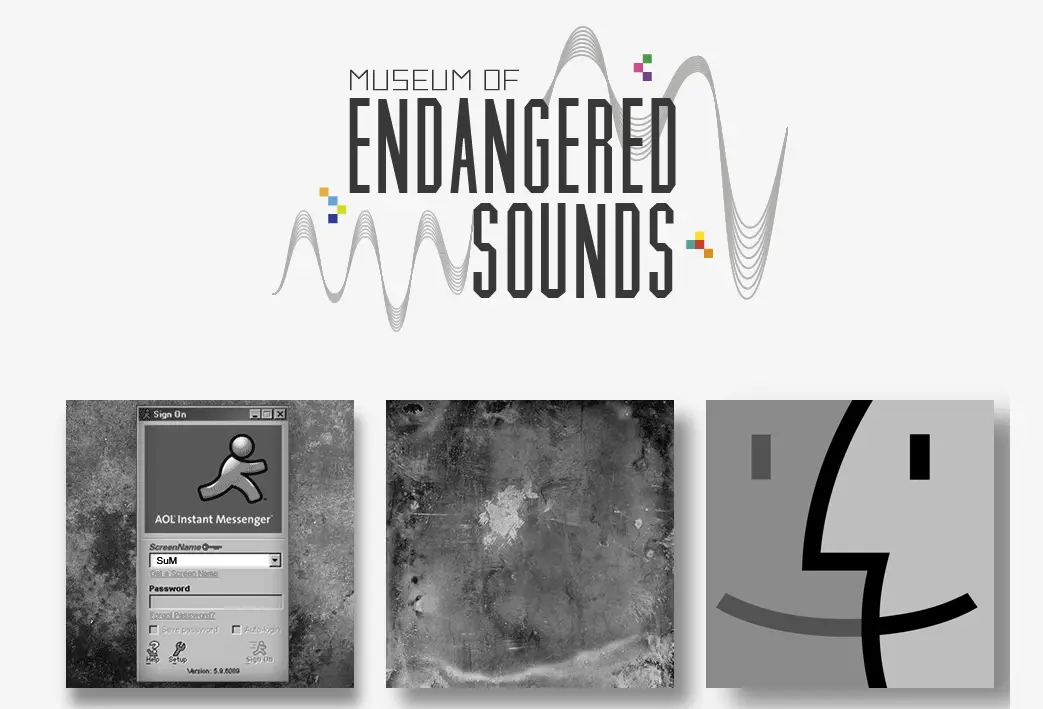There are a lot of people who tape their laptop camera with some sticker. In fact, for most people, there is no point in taping the camera. It’s pretty tricky for a hacker to get important information this way. That is, the hacker isn’t interested in the color of the walls in your house, what you are wearing and what surrounds you. This would be necessary for a hacker who wants to get precious information, such as writing new technology, business case, logins, and passwords from bank accounts.
Using a camera, the hacker can get quite a bit of information. Since with the camera on, you can’t see your keyboard or the sites you’re visiting. For hacking, it’s more beneficial to make them install some keyboard spy or to slip a phishing form to enter logins and passwords.
How can hackers get to your PC?
The scheme is quite simple and known to most people. For a hacker to get access to your PC, all you have to do is install some malicious file or make him install an administration utility (RemCam2, LuminosityLink).
It’s also common to send messages on social networks with malicious links. Many inadvertently follow the link and then permit them to access the camera.
These methods are the most used by hackers to get some of your data. At the same time, hackers use more expensive ways to hack famous people. However, most people who don’t keep any secret information on their PC or laptop don’t have to worry about that.
What threats are far more dangerous than camera tracking?
Since I wrote earlier about how a hacker cannot get unique and worthwhile information about an ordinary person from a camera, some real threats are much more dangerous than a webcam picture.
The most commonly used by hackers are phishing sites masquerading as banking sites and stock exchanges. As a result, hackers steal logins, passwords, and access to accounts. Many malicious apps regularly take pictures of your screen. This enables them to steal logins, passwords, secret documents, photos, etc.
Also among popular methods are tracking your GPS coordinates to know when you’re away and to help burglars find a good time to steal — microphone tracking. Speech recognition works faster and better than video stream recognition. Stealing work materials in the office is more interesting than getting your home photo.
How to secure your data?
Don’t install unknown programs that may have viruses to keep your data safe. Don’t follow strange links. Look carefully in the address bar of the site you are visiting.
Also, use messengers with end-to-end encryption and paid VPN for transferring confidential information. Activate two-factor authentication where possible.
You should also not trust remote control programs. It should be used only if necessary. At work at the system administrator’s request or when you urgently need to solve a problem remotely – by the hands of a professional you trust. In the second case, the program can be removed immediately after solving the problem. The password given out must not be disclosed to anyone except the administrator.






